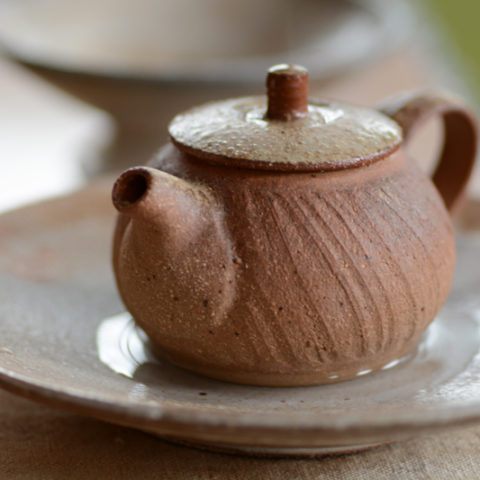autumn Hekai and Mansa

The autumn sheng pu-erh teas has this special 'baked' feel, it is like fermented tea with watery sweet notes on the tongue.
The autumn sheng pu-erh teas has this special ‘baked’ feel, it is like fermented tea with watery sweet notes on the tongue. I believe autumn leaves, if made well, meaning dried well during processing, then are very suitable for pu-erh tea novices. The harshness of the spring pu-erh tea is not there. This feature, sometimes as sharp as a samurai sword cut will many people that are just giving a try to the sheng world, simply discourage.
Many of the strong characteristics of gushu spring pu-erh teas are not understood correctly. New pu-erh students will rather opt for more ‘fancy’, easier to ‘comprehend’ plantation teas characteristics. This also can be the reason why very fresh up-erh should not be consumed in their very raw state.

When already 4 years old tea, like in the case of 2014 spring pu-erh teas just released, all the fresh ‘straw’ notes are gone, the fermented aging notes are ‘in place’ already. Still the sharpness of spring pu-erh teas is there, here I am referring to distinct features of spring offerings. Many people, not used to such ‘razor sharpness’ will not be inclined to such strong characteristics.
In this point autumn teas, that were made and pressed under more humidity, as these months offers will have its fermentation going on very fast, and we may say also that this is a kind of pre-fermentation state.
The autumn teas are considered less valuable due to late season picking and rather worse weather conditions for making the leaves at this time of the year.
Still I believe that these leaves, if well made will have certain characteristics not found in spring leaves. And they will be very good material for new and also a few years drinking pu-erh people. I observe this fact from many years old experiences with feedbacks and reactions on autumn versus spring leaves.
